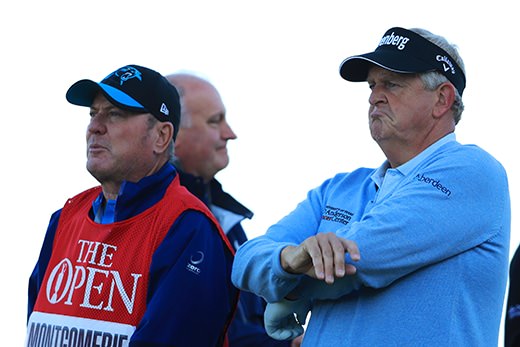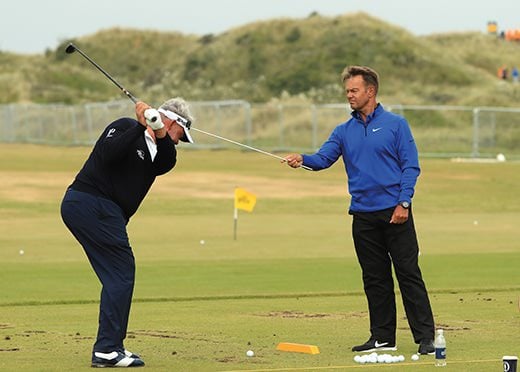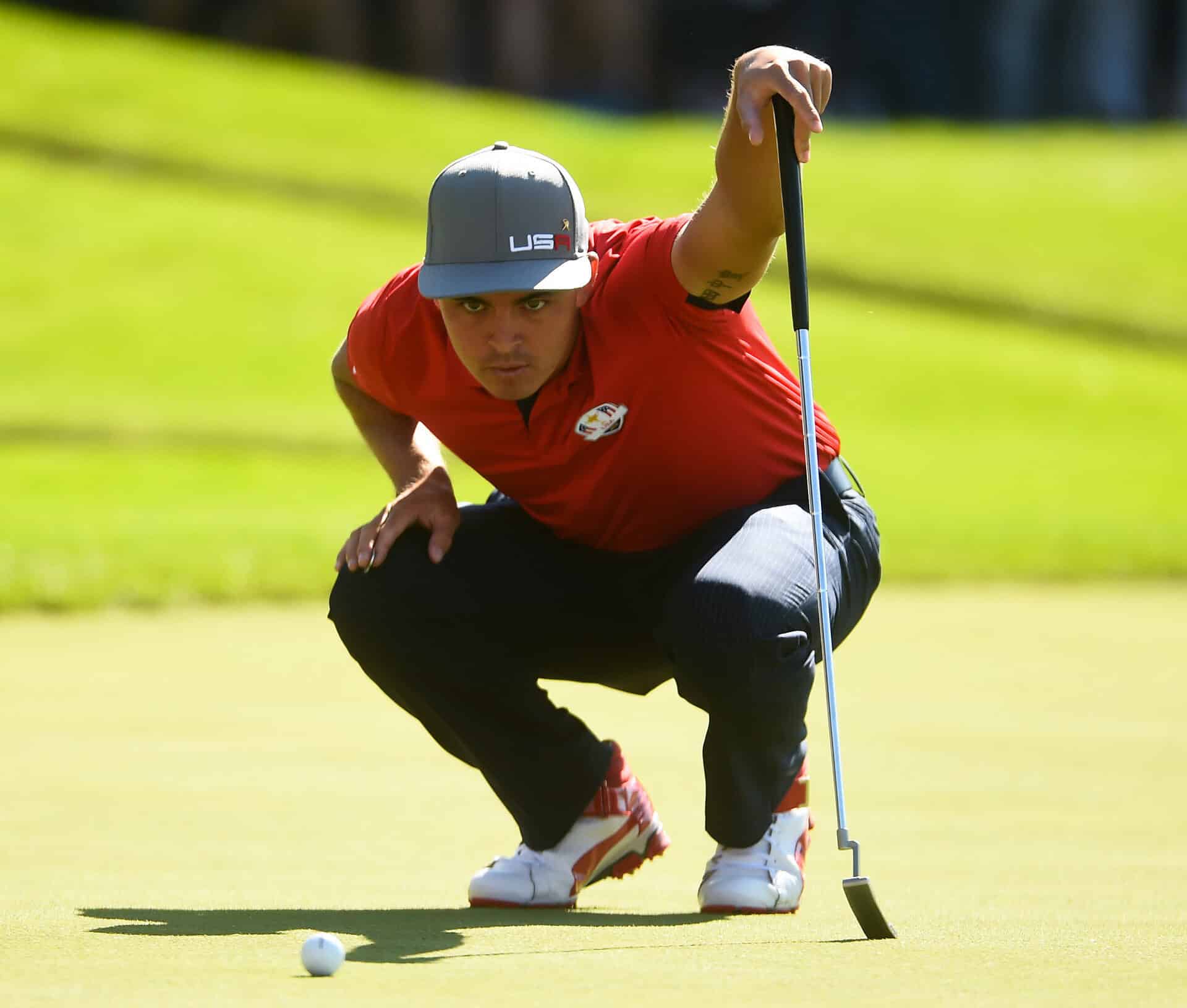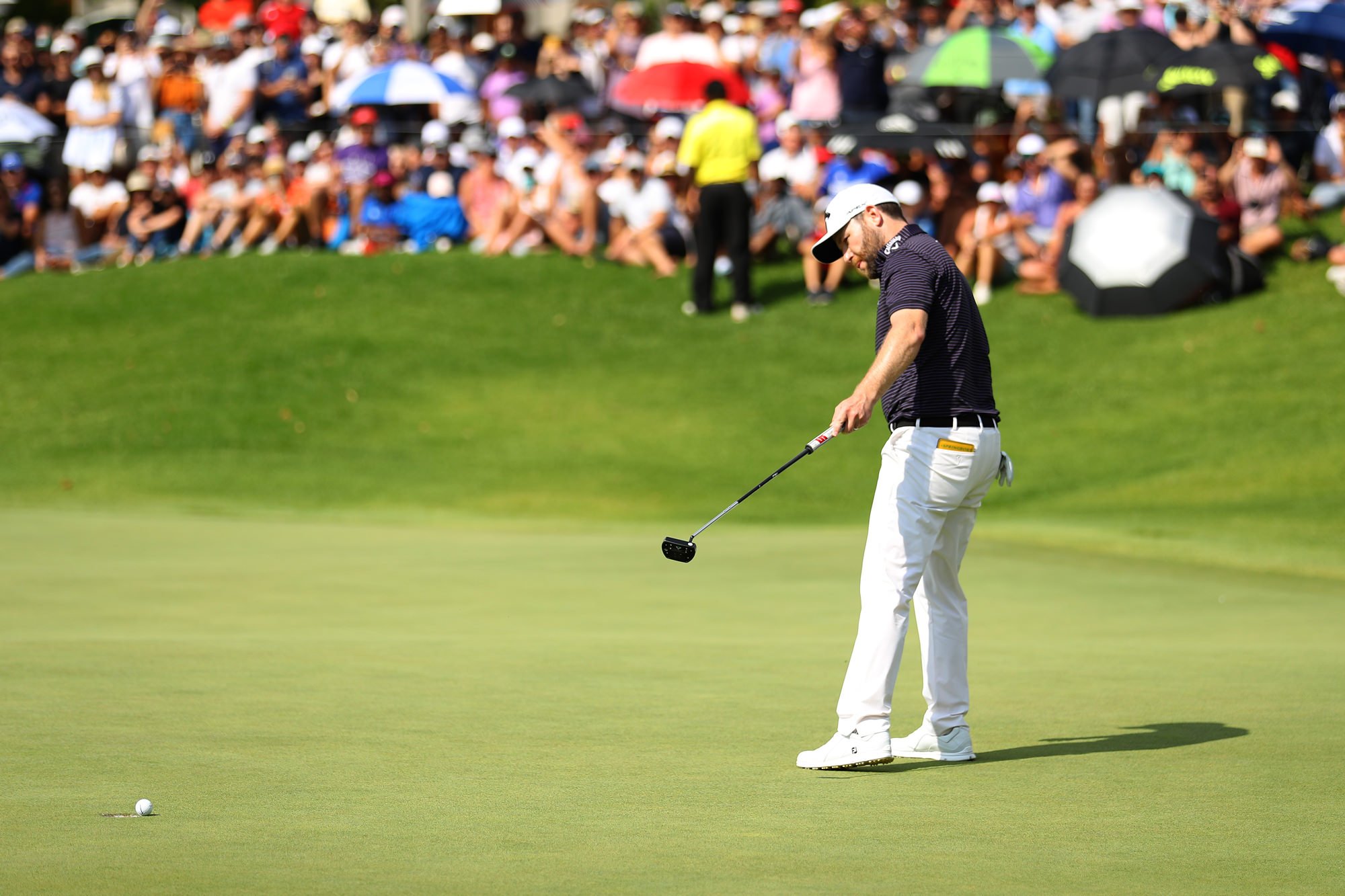
Why being in the right frame of mind is key to your golf
Take a moment to look back at the golf you have played in the last 12 months.
After how many of those rounds did you sit back in the clubhouse with a genuine sense of satisfaction over a job well done, and a glow from knowing the previous four hours were an example of you at your best?
You may well be in a select group of people who can say with certainty that most of the time they come off the course knowing they have done the best they could that day. Yet, for many of us, if we are honest, the majority of rounds leave us with a sense of ‘if only’ or ‘it could have been’. There are so many opportunities to put a decent round together but so few are actually executed.
The unpredictable nature of the game is what keeps us coming back for more but wouldn’t it be nice if in the next 12 months you could look back on more of your completed rounds with a sense of satisfaction. It is very rarely the bad shot that causes the long-term damage in a round of golf. More often than not it is our reaction to those bad shots or missed putts.
We cave in to an emotional response after we knock it into the trees and aim to play a recovery shot even Seve Ballesteros would not have attempted in his prime.
We then find a way of turning a bogey into a triple or quadruple and, unlike some other sports, we can never hide away from our mistakes. Every single pass we make at that ball ends up on our scorecard.
Most golfers’ handicaps are not a reflection of steady bogey golf but of four of five holes in a round causing the trouble with big numbers. How can we deal with this?
One thing that is almost impossible to do is to put out the fire when it is burning. When we are in the middle of a round and we hit those bad shots and the emotional brain kicks in, it is hard to steady the ship.

I have found we have to have a process in place before we step on to the 1st tee. We have to ‘prime’ the brain to act in a certain way as our otherwise habitual reactions will just kick into auto-pilot.
If I asked “do you think you will see any red cars on your next journey on the road?” I am certain, as far as it is possible to be certain, that, yes, you will in fact tend to notice lots of red cars the next time you are on the road – because your brain has been primed. Questions are a wonderful tool to prime our brain.
So before you set out to play your next round, here are a couple of questions you may want to consider: ‘What am I committed to today?’, or ‘what do I want to look back on after this round is over?’
I can be pretty sure none of you will want to commit to throwing a tantrum or being miserable. Many players when they answer this question come up with replies such as ‘regardless of the score I am going to enjoy today’, or ‘I am going to keep going no matter what the game throws at me’.
It is entirely up to you what you commit to or what you want your round to look like. However, time and time again I have found this simple trick of priming your brain before you play doesn’t guarantee a good day on the course in terms of score but it does pretty much guarantee you will get something from the day to make it of value to you personally.
When you set your brain in a useful direction it is surprising how well it can obey your command. Especially if you do it before you start to play as opposed to trying to fight your emotions once the dropped shots and frustrations kick in during the round.
For me, it is the golfing equivalent of a really good football manager giving his players a very clear direction of what to do on the pitch before the game starts. Only this way you are the manager of your own brain and your own performance.
Try the ‘commitments’ and see how it affects your experience once you are out on the course.

How taking a breath could make you a better player

Why you should take action now for the 2018 golf season

How an early round of golf can improve your health
Click here for the full archive from Karl Morris









